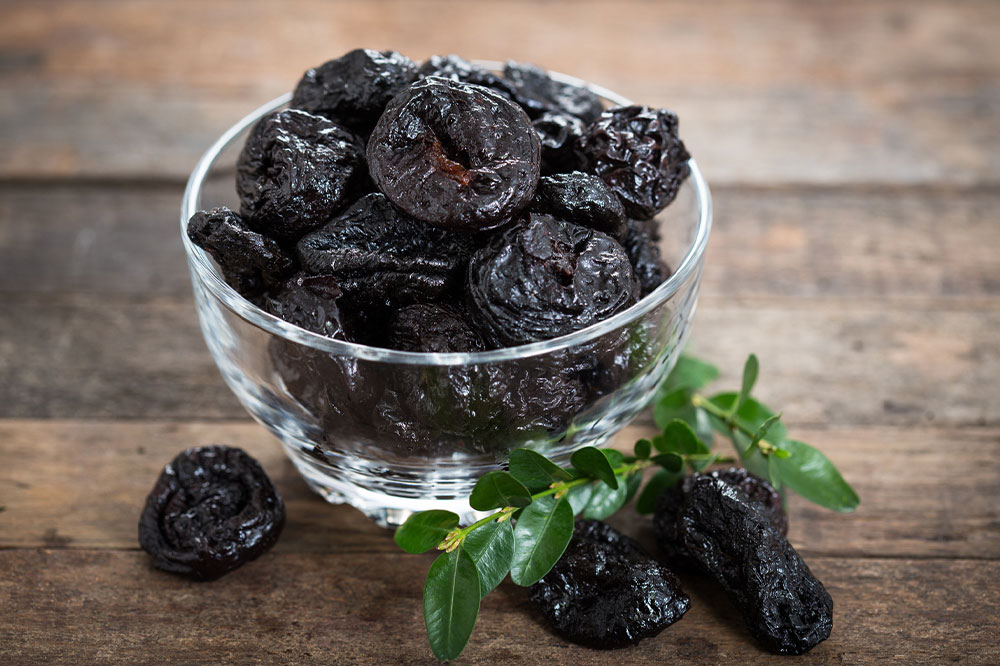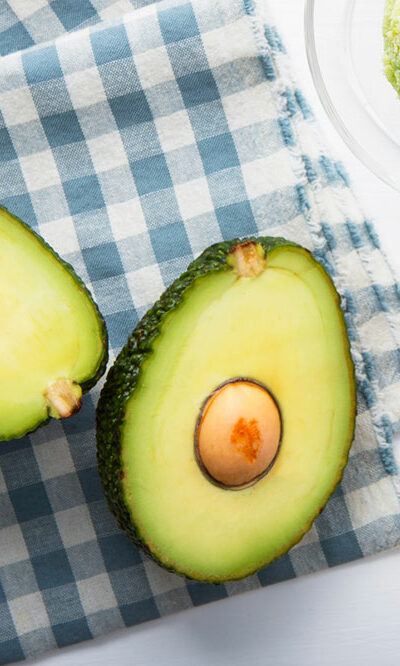7 best foods to relieve constipation

Constipation is characterized by infrequent bowel movements or difficulty in passing stool. Signs and symptoms include passing fewer than three stools per week, having hard or lumpy stools, straining to have bowel movements, and needing help to empty the rectum. Experiencing two or more of these symptoms for over three months is called chronic constipation, although certain foods can help promote bowel movement and ease the pain caused by constipation. Some of these foods are:
Prunes
Dried plums or prunes are often used as a natural remedy for constipation due to high amounts of soluble and insoluble fiber. While the insoluble fiber (cellulose) increases the water content of the stool, the soluble fiber ferments in the colon to add weight to the stool. Besides, prunes also contain sorbitol and phenolic acids that promote the growth of good gut bacteria, producing a laxative effect on the body overall and improving stool frequency and consistency.
Apples
Apples are also a rich source of fiber. While they mostly contain insoluble fibers, they also have a soluble fiber called pectin which is fermented by the bacteria in the stomach to form short-chain fatty acids. These acids pull water into the colon, helping to soften the stool and ease constipation. Apples also contain high levels of water, which eases the digestive process. They must be consumed raw and whole, with their skin intact.
Kiwis
Kiwis are high in fiber. They are also a great source of an enzyme called actinidine, which can ease gastrointestinal symptoms such as abdominal discomfort, pain, indigestion, and reflux. They can be peeled and eaten raw or added to smoothies and salads for a fiber boost.
Artichokes
Artichokes promote gut bacteria and bowel regularity. Due to the inulin content, they have been associated with having a prebiotic effect on the digestive tract by increasing the number of beneficial bacteria such as Bifidobacteria and Lactobacilli and reducing the growth of harmful bacteria, improving stool frequency and consistency among those who have constipation.
Sweet potato
Sweet potatoes are rich in fiber, which helps reduce constipation. They contain the insoluble fibers cellulose and lignin and the soluble fiber pectin, which work by adding water and weight to the stools for easier, faster movement through the colon. They can be boiled, steamed, roasted, or mashed for consumption.
Flaxseeds
Due to their high fiber content, flaxseeds are often used as a digestive aid and a traditional remedy for constipation. In addition to the soluble and insoluble fibers aiding digestion and adding bulk to the stool, flaxseed also contains oil, which may add to its lubricative properties. Flaxseed can be added to cereal, yogurt, muffins, bread, and cakes for easy consumption. In some cases, healthcare providers may advise pregnant and lactating women against having flaxseed.
Coffee
While no recent significant developments exist in studies revolving around coffee and constipation, many people have reported improvements in their bowel movements after drinking a cup of coffee. However, there is no clear link between caffeine consumption and constipation, as non-caffeinated coffee has also shown a similar laxative effect. Even though it is unclear where the stimulant effect of coffee comes from, it can help relieve constipation for many.







